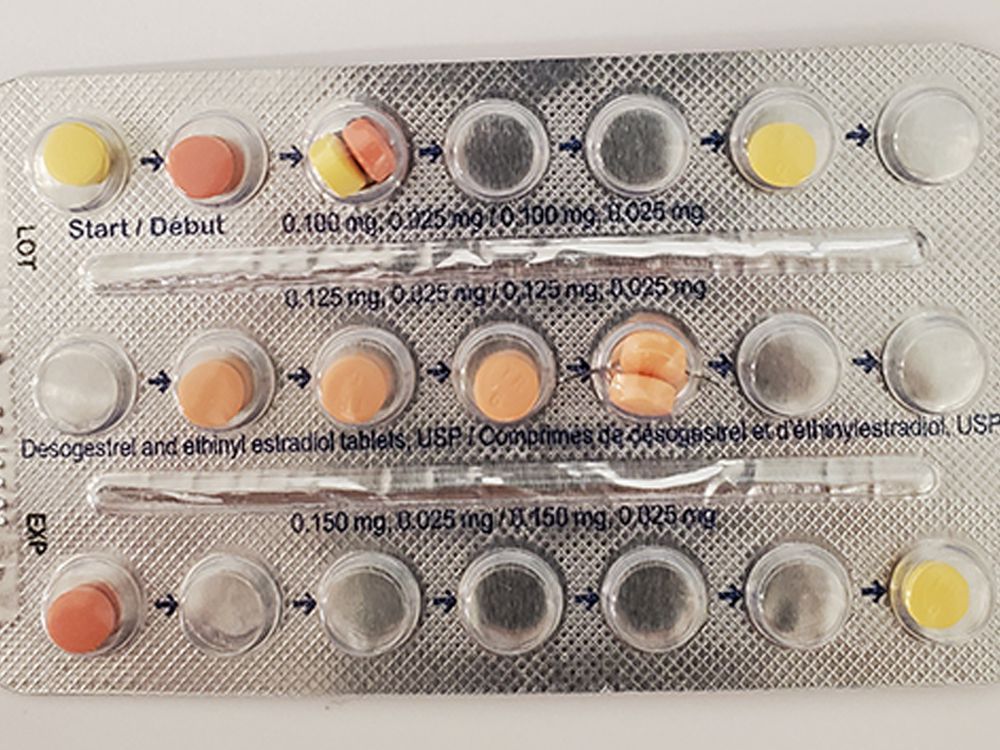health history: the pill, one of the seven wonders
early versions of oral contraception contained 100 times the amount of hormones found in birth control pills today.
ancient history: birth control
pre-1900s consequence-free sex was attempted with flowers, elephant poo and the pull-out method.
linessa 21 birth control recalled in canada due to mispackaged pills
some packages may be missing pills, contain more than one tablet in a blister pocket, or contain pills in the wrong order.
 3 minute read
3 minute read









